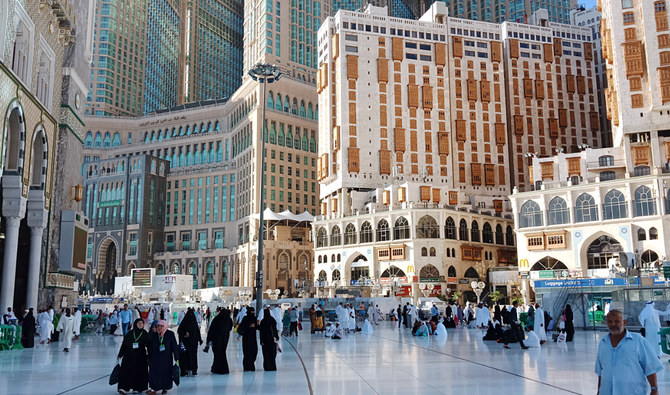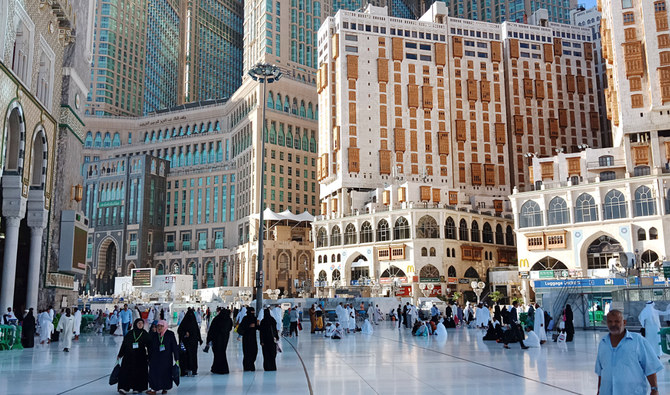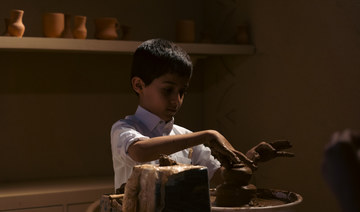MAKKAH: Makkah’s hotel sector is witnessing a significant resurgence, with room occupancy in central areas hitting 100 percent during the last 10 days of the holy month of Ramadan, the highest level since the pandemic.
Bassam Khanfar, manager of one of the hotels in the Aziziyah neighborhood, said that this year had seen an increase in the number of Umrah pilgrims, with occupancy rates returning to pre-pandemic levels.
The resurgence is mainly due to facilities offered by the Kingdom to pilgrims from abroad. Investors and hotel owners have been quick to take advantage by opening their facilities.
Khanfar added that given the geographical distribution of Makkah’s hotels, it was clear that the new transportation network had helped those hoteliers outside the central area to cater for a fair share of Umrah pilgrims.
He said: “One of the most important reasons for pilgrims choosing their accommodation places outside the central area is the very high prices of hotels in the central areas.”
Hani Najah, director of the commercial department at Address Makkah Hotel, said that Umrah pilgrims were primarily concentrated in the central area around the Grand Mosque.
However, he added: “The Makkah Bus Project has enabled pilgrims to choose hotels located in other areas in Makkah, with buses linking these areas to the Grand Mosque. This has helped in reviving those areas, especially those hotels under four stars.”
The price for a hotel room with a view ranges from between SR4,000 ($1,000) to SR10,000 per night for five-star hotels. The average price per room is between SR2,500 and SR3,000, and between SR800 and SR1,100, for five-star and four-star hotels respectively outside the central area.
Arwa Al-Ahmadi, who specializes in the tourism and hotels sector, said: “Hotel occupancy this year is very high, reflecting the strength of the sector, with rooms occupancy rate in some hotels hitting 100 percent, a percentage that was hindered by global conditions due to the COVID-19 outbreak in past years.
“The demand is high, the entire sector is reviving, and job opportunities have become possible and favorable.”
Al-Ahmadi said that the holy city contains more than 1,400 hotels, and added: “[The] Makkah region is crowded throughout the year and the occupancy rate varies, but recently, thanks to the wise decisions of our government, allowing pilgrims to come from abroad, the occupancy rate has increased, reaching their fullest in some hotels.”
Al-Ahmadi added that the Haramain train, and the free buses from the airport, had helped to facilitate transportation to reduce congestion.
Ali Fallatah, director of operations at Address Hotel, said that the increase in hotel occupancy had been helped by greater accessibility to visas, and the four-day transit period inside Saudi Arabia.






























